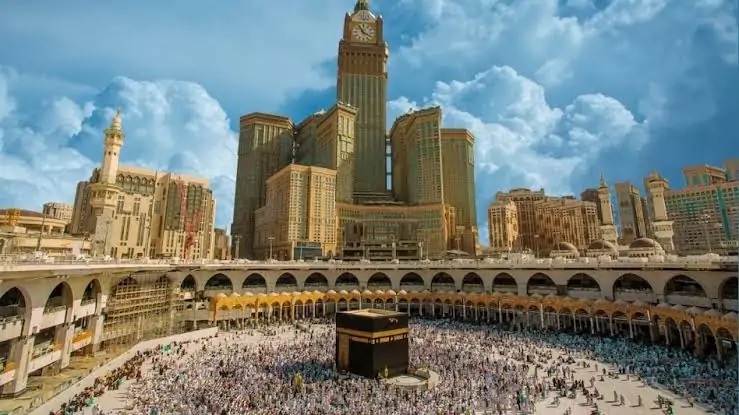Saudi Arabia has suspended visas for 13 countries, including Nigeria, ahead of the 2025 Hajj season. This decision comes as part of preparations for the upcoming pilgrimage.
The suspension of Umrah, business, and family visit visas for citizens of these countries aims to prevent unregistered individuals from attempting to perform the pilgrimage. Officials speaking to ARY News explained that this move is intended to ensure the safety and security of pilgrims.
The decision comes amid concerns over the rising number of pilgrims attempting to join Hajj without official permits. In recent years, many visitors have overstayed their visas, leading to overcrowding and serious safety risks, as reported by News Arab.
Authorities are also concerned about the misuse of business or family visit visas by individuals who enter the Kingdom and work illegally. This violation disrupts the labor market and breaches visa conditions.
The Saudi foreign ministry stated that the new measures are implemented to streamline travel procedures and enhance safety during the Hajj. They also added that individuals found to be staying in the Kingdom illegally may face a five-year entry ban.
The countries affected by the ban are India, Pakistan, Bangladesh, Egypt, Indonesia, Iraq, Nigeria, Jordan, Algeria, Sudan, Ethiopia, Tunisia, Yemen, and Morocco.
Despite the suspension, ARY News reported that Umrah visa holders will be permitted to enter the Kingdom until April 13. These restrictions are anticipated to remain in place until mid-June, coinciding with the conclusion of the pilgrimage.
During the 2024 Hajj season, at least 1,301 pilgrims tragically lost their lives, primarily due to heat-related causes. Notably, a substantial portion of the deceased did not possess official Hajj permits.
Saudi authorities revealed that approximately 400,000 unregistered pilgrims participated in the Hajj last year, with a significant number originating from Egypt.
Under a quota system governed by lottery, each participating country is allocated a limited number of Hajj permits. However, the high cost of official packages has prompted many individuals to seek alternative, unauthorized routes.

















